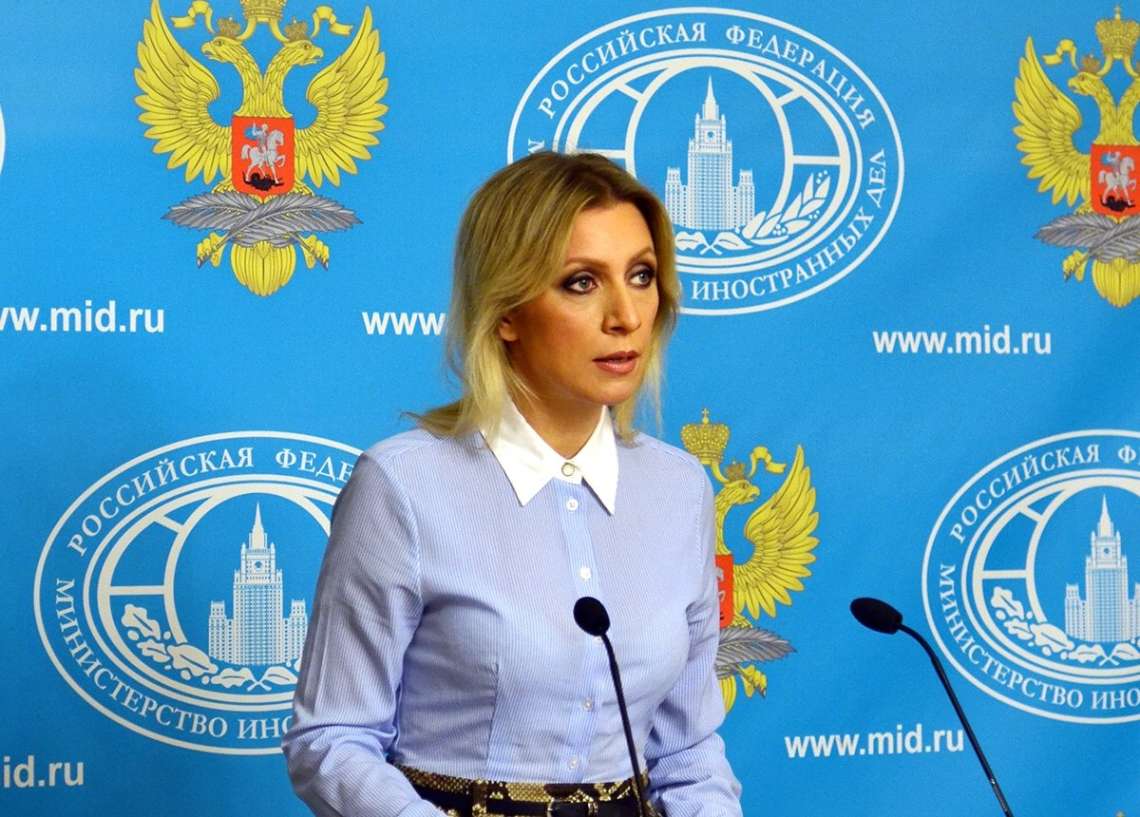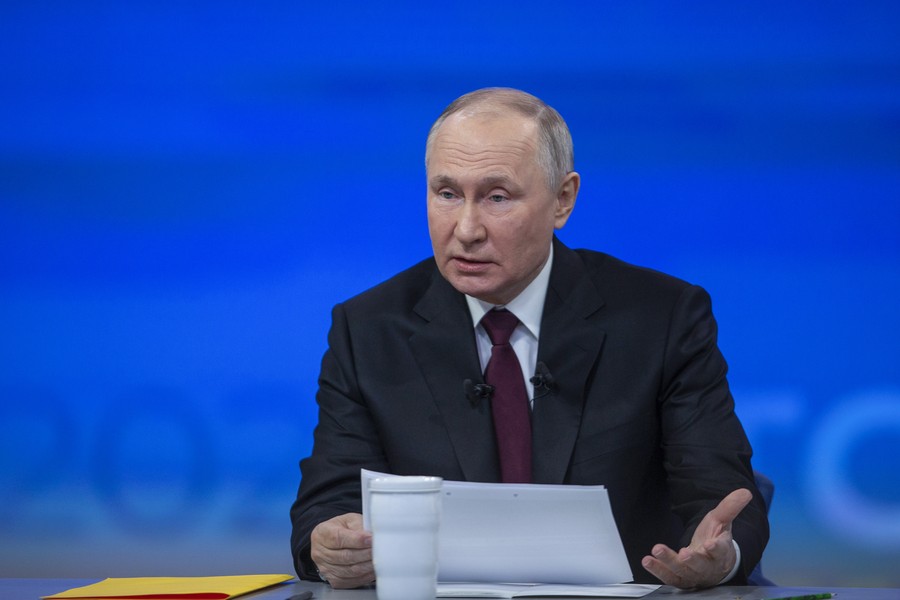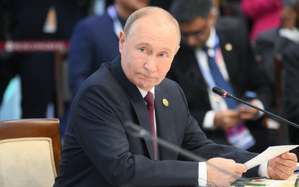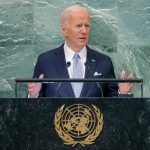The Commerce Department said it was targeting shell companies in Hong Kong for diverting semiconductors to Russia…reports Asian Lite News
The United States on Wednesday dramatically broadened sanctions on Russia, including by targeting China-based companies selling semiconductors to Moscow, as part of its effort to undercut the Russian military machine waging war on Ukraine.
Among the steps, the US Treasury said it was raising “the risk of secondary sanctions for foreign financial institutions that deal with Russia’s war economy,” effectively threatening them with losing access to the US financial system.
It also said it was moving to restrict the Russian military industrial base’s ability to exploit certain US software and information technology services and, with the State Department, targeting more than 300 individuals and entities in Russia and beyond, including in Asia, Europe and Africa.
Separately, the Commerce Department said it was targeting shell companies in Hong Kong for diverting semiconductors to Russia, taking steps that would affect nearly $100 million of high-priority items for Moscow including such chips.
It will also expand its lists of items Russia cannot import from other nations to cover not just US-origin products but US-branded goods, meaning those made with US intellectual property or technology, a senior Commerce official told reporters on condition of anonymity.
US-made chips and other technology have been found in a wide array of Russian equipment, from drones to radios, missiles and armored vehicles, recovered from the battlefield, Ukrainian officials say.
After seizing Crimea from Ukraine in 2014, Russia launched a full-scale invasion of its neighbor in 2022, triggering a host of new US economic sanctions on Moscow.
While many analysts do not expect US and other nations’ sanctions to materially change Russian President Vladimir Putin’s calculus, they believe they will both make it harder for Moscow to wage war and, over time, weaken Russia’s economy.
“Today’s actions strike at their remaining avenues for international materials and equipment, including their reliance on critical supplies from third countries,” Treasury Secretary Janet Yellen said in a statement.
The Treasury also said it was imposing sanctions on key parts of Russia’s financial infrastructure, including the Moscow Exchange (MOEX), which operates Russia’s largest public markets for equity, fixed income, foreign exchange and other products.
MOEX and its related subsidiaries have facilitated sanctions evasion by obscuring the identities of parties engaged in such transactions, a senior Treasury official told reporters. By sanctioning them, the official said, the US would force greater transparency on cross-border transactions, making it harder to evade sanctions.
MOEX, in a statement rushed out within an hour of the US moves on Wednesday, a public holiday in Russia, said the new sanctions had forced an immediate suspension of trading in dollars and euros on its leading financial marketplace.
The news came as President Joe Biden departed for a summit in southern Italy with leaders from other Group of Seven democracies: Britain, Canada, France, Germany, Italy, Japan and the United States.
One of the G7 leaders’ priorities is boosting support for Ukraine, now in the third year of resisting Russia’s invasion, and disarming the Russian war machine.
Peter Harrell, who served as White House senior director for international economics in 2021 and 2022, described the latest sanctions as a “paradigm shift,” partly because they expose foreign banks to the risk of being cut off from the US financial system if they deal with key large Russian banks.
The Treasury accomplished this by increasing to 4,500 the universe of Russian companies and individuals who could trigger such sanctions from about 1,200, the senior Treasury official told reporters.
“For the first time, the US is shifting toward something that begins to look like … an effort to set up a global financial embargo on Russia,” Harrell said.
ALSO READ: ‘Some of Hamas’ proposed changes workable’














